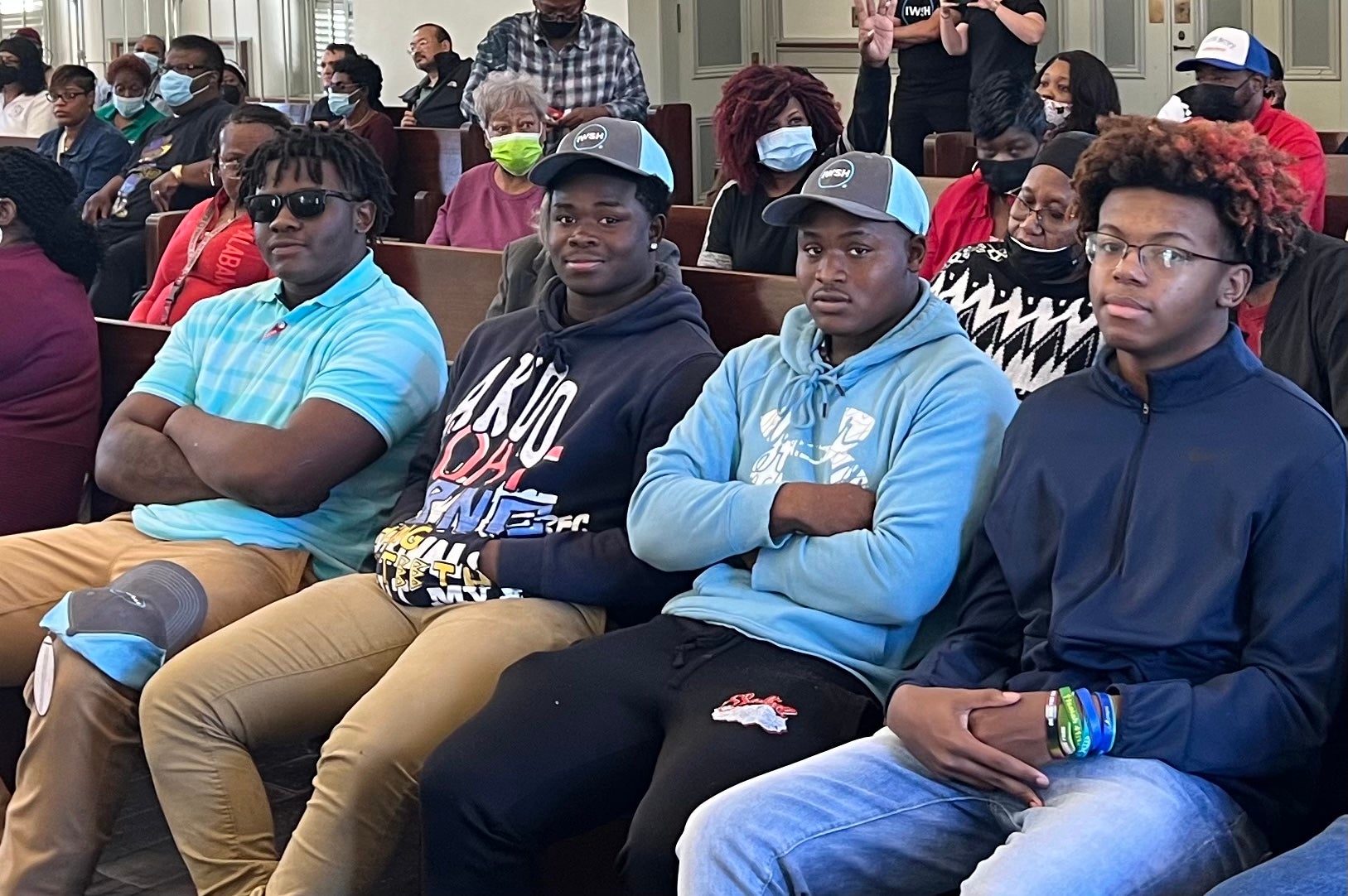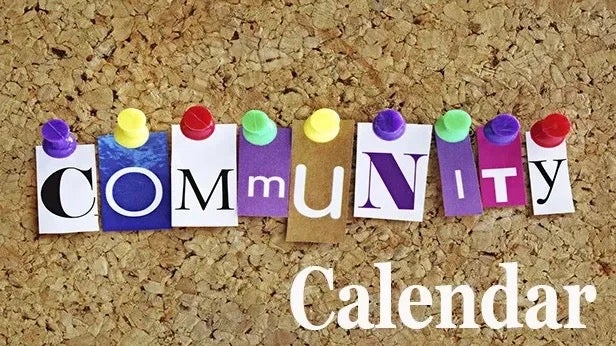Black Belt Unincorporated Wastewater Program receives $2.1 million grant to address Fort Deposit wastewater sanitation issues
Published 2:06 pm Tuesday, November 1, 2022
|
Getting your Trinity Audio player ready...
|
Through the collaborative efforts of the Black Belt Unincorporated Wastewater Program (BBUWP), Fort Deposit residents will benefit directly from a $2.1 million grant to improve water and sewer services.
Sherry Bradley, Alabama Department of Public Health Director of the Bureau of Environmental Services told Hadley Hitson of The Tuscaloosa News the grant is part of the $225 million American Rescue Plan Act.
All Lowndes County homeowners can qualify for help, Bradley added, but the group narrowed its focus to Fort Deposit because countywide outreach was less effective.
“Around here, the applications did spread, but lots of people didn’t turn them in,” Bradley told Hitson. “Well, guess what? When we gave everybody a deadline, they turned them in like water.”
The community-focused effort has made applications easier to manage, Bradley added, and future ARPA grant funding will help the group expand to other Black Belt counties.
The news of the Fort Deposit grant was shared by representatives from the Alabama Department of Environmental Management and Alabama Department of Public Health during an Oct. 26 meeting at the Lowndes County Courthouse.
The meeting marked the second of its kind with program leaders in Lowndes County, who partnered with the International Water, Sanitation and Hygiene Foundation (IWSH), Lixil Group, FugiClean USA, and the International Association of Plumbers and Mechanical Officials (IAPMO) to discuss progress on an initiative bringing the latest and most innovative onsite septic tank systems to Lowndes County.
“We have partnered to bring in plumbers, do the inspection on the homes, and tell residents what’s wrong,” said Bradley. “And then, we bring in the plumbers to fix it at no cost to the homeowner.”
Under the supervision of IWSH director Jed Scheurmann, BBUWP used grant funds to employ local Central High School of Hayneville students DeMarcus McCord, Benjamin White Jr., De’Andre Mitchell, and Devin Lewis to perform home assessments. The students inspected 12 homes already selected for septic tank installation and completed a checklist of needed repairs.
“Using the students is a way that BBUWP is giving back to the Lowndes community,” Bradley said. “The young men were praised by our partners in the way they handled themselves and how fast they learned the routine.”
Volunteer plumbers from across the country work with IAPMO and will begin work repairing plumbing at no charge to homeowners.
The effort began by looking at septic tank installations, Bradley said, in order to get sewage off the ground. But the partnership expanded to address the overall needs of homeowners who are living with leaks and mold in their home.
“A lot of people have leaks, not knowing they are inside the walls,” Bradley explained. “They don’t even understand that when they see that black mold is because of moisture. And so, we go in and fix the leaks. We give until we run out of product.”
Individuals at or below 80% of the poverty level may also qualify for help funded by a Department of Housing and Urban Development Healthy Homes Grant.
“It’s a $2 million grant to address safety and environmental issues within a home,” said Steven McDaniel, ADPH Director of Indoor Air Lead Branch. “So, its intent is to make the home healthier and a safer place to live, addressing issues like asthma, allergies, moisture control, mold, safety, injury issues, potential in the home lead hazards, and indoor air quality.
Grant funding will not cover a remodeling project, McDaniel said.
McDaniel’s office is accepting pre-screening forms but will not begin projects until the environmental review and public notifications are complete. Homeowners may visit alabamasafestate.ua.edu or call the University of Alabama Safe State at (205) 348-3967 for program details.
For more information about these projects, call (334) 206-5373.






